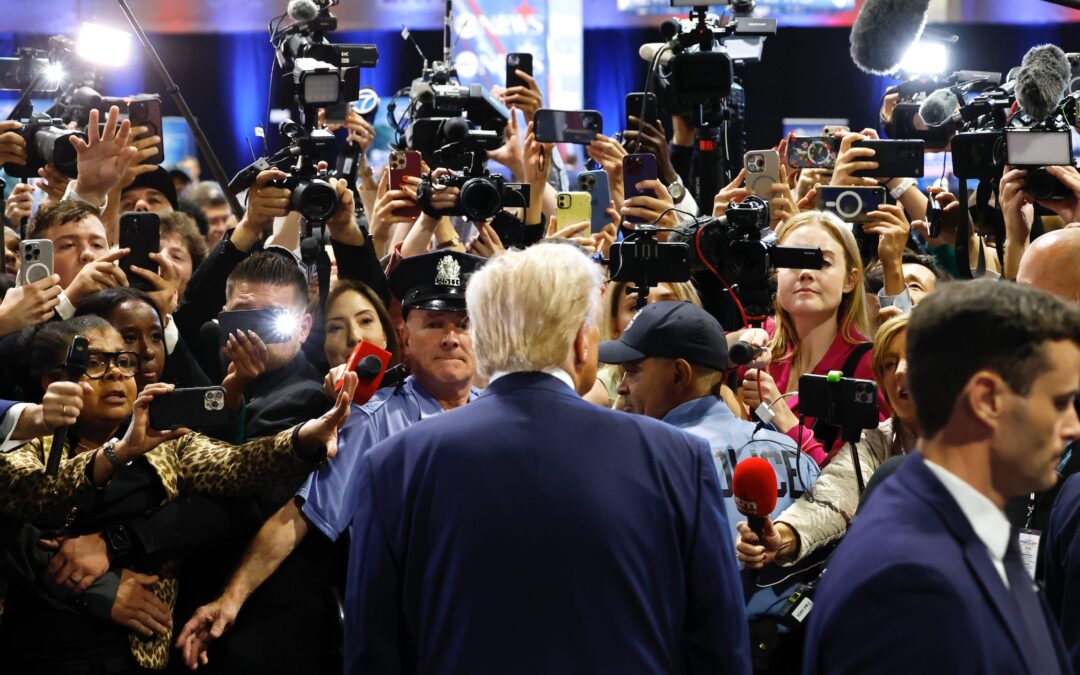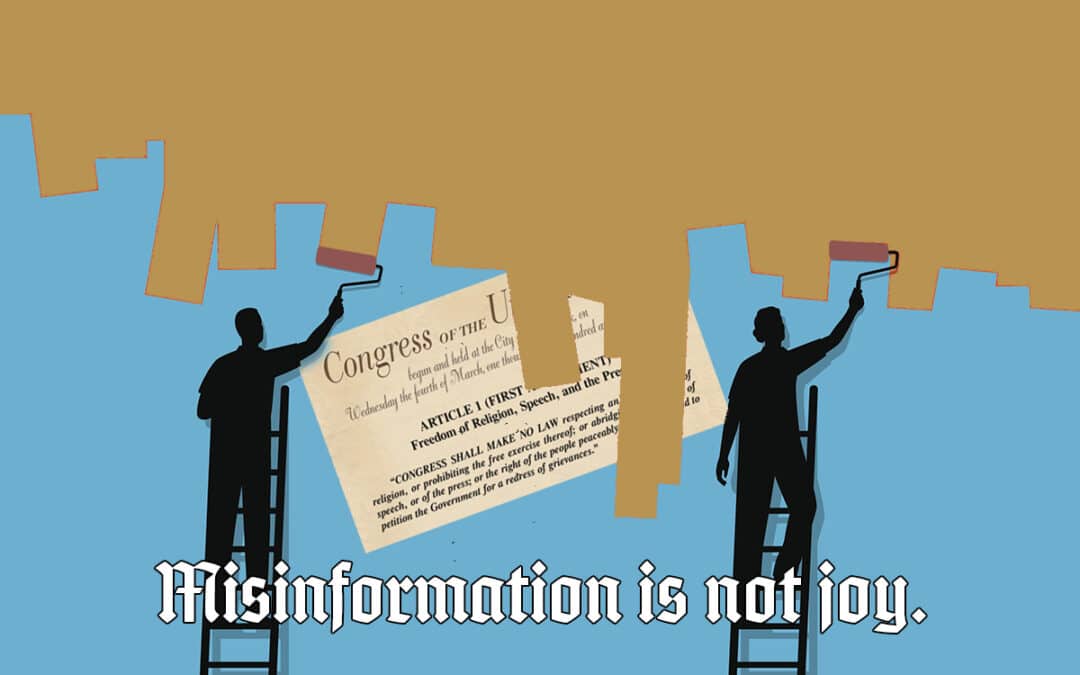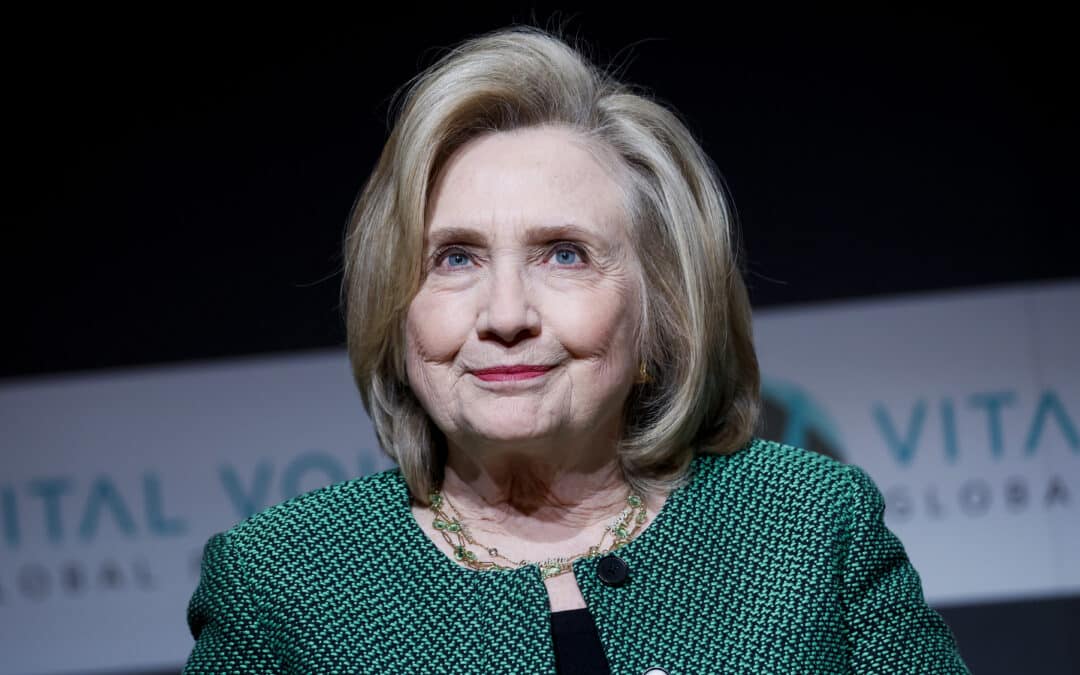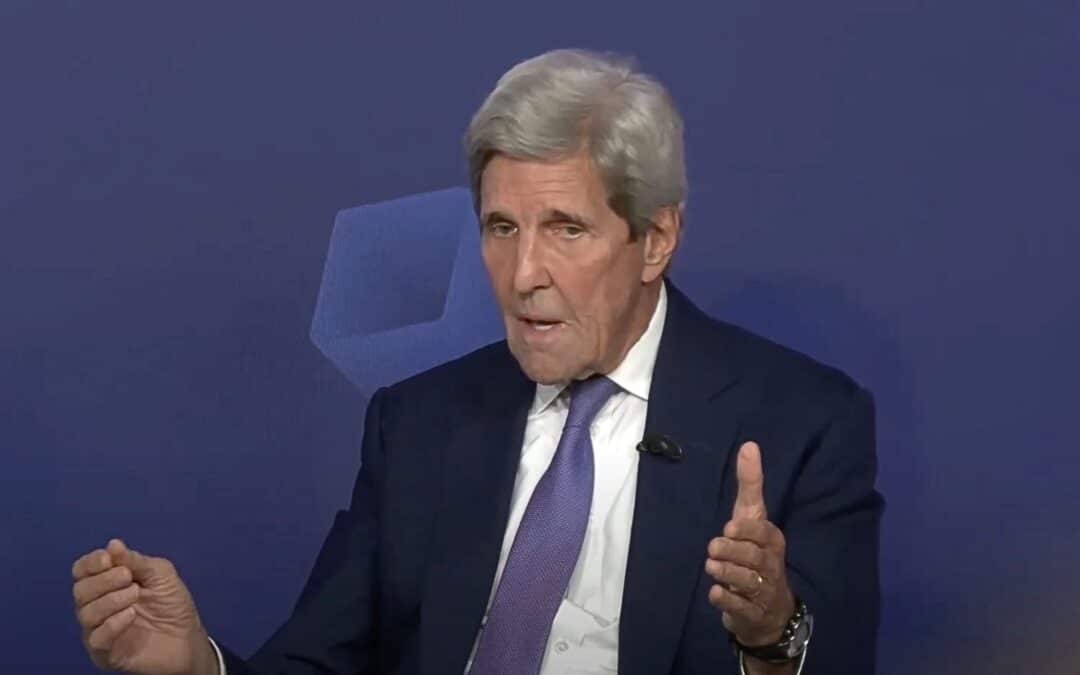

Media Falls Below Congress in Trust Survey
Gallup’s annual confidence survey shows 68% of Americans will not relieve themselves on a journalist in flames.

The Hurricane Speech Panic is Here
In a sequel to the pandemic panic, politicians and elite media are calling for a European-style speech clampdown, this time using the weather as an excuse.

Disinformation Isn’t the Problem
The war on terror, the war on drugs, the war on illegal immigration, the war on COVID-19: all of these programs started out as legitimate responses to pressing concerns only to become weapons of compliance and control in the government’s hands.

Misinformation Doesn’t Kill People—People Kill People
Do we give up one of our fundamental freedoms due to the few whackos who will get a rise out of “hate speech” and uncontrollably wreak havoc as a result?

Israeli Military Forces Executed Numerous Journalists Since 10/7
The Israeli military’s campaign of genocidal violence, carried out with the full support of President Joe Biden’s administration, has killed 138-175 journalists.

“We Lose Total Control”: Hillary Clinton’s Censorship Campaign
Clinton continues to offer a textbook example of the anti-free speech narrative. While seeking sweeping censorship for anything deemed disinformation, Clinton cites specific examples that are already barred under federal law like child porn.

Matt Taibbi: How to Fight Back Against the Censors
This is post-9/11 America. Whether about surveillance, or torture, or habeas corpus, or secret prisons, or rendition, or any of a dozen other things, we ignore laws. Institutional impunity is the chief characteristic of our current form of government.

John Kerry vs. The First Amendment
Kerry, cloistered in the comfort of the Davos bubble, reminded us just how difficult it is to govern when the masses actually get to speak their minds.




